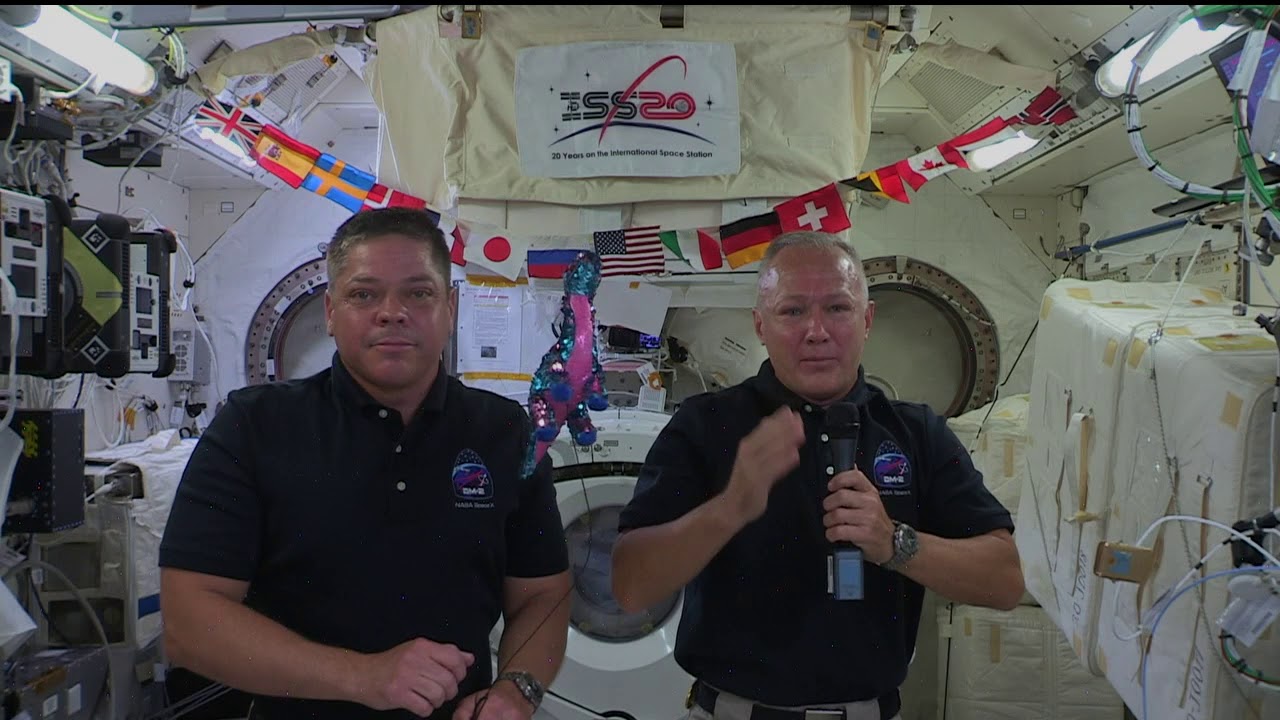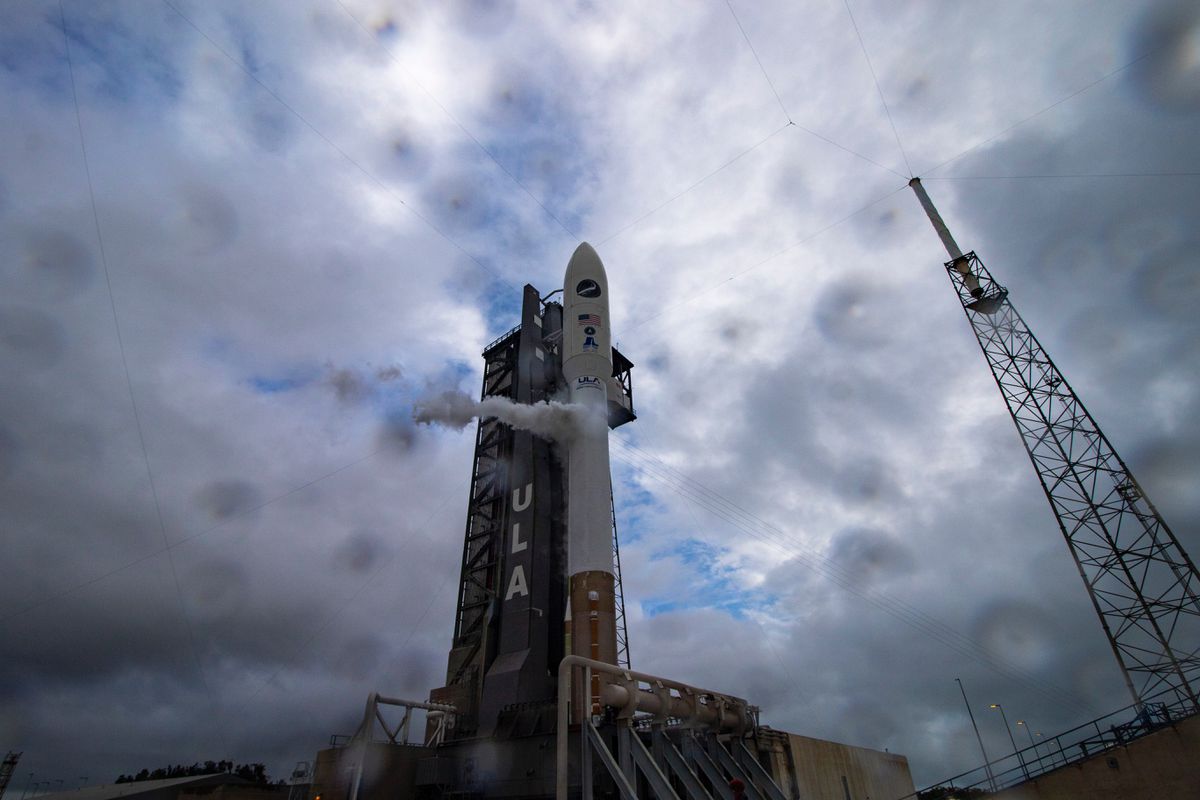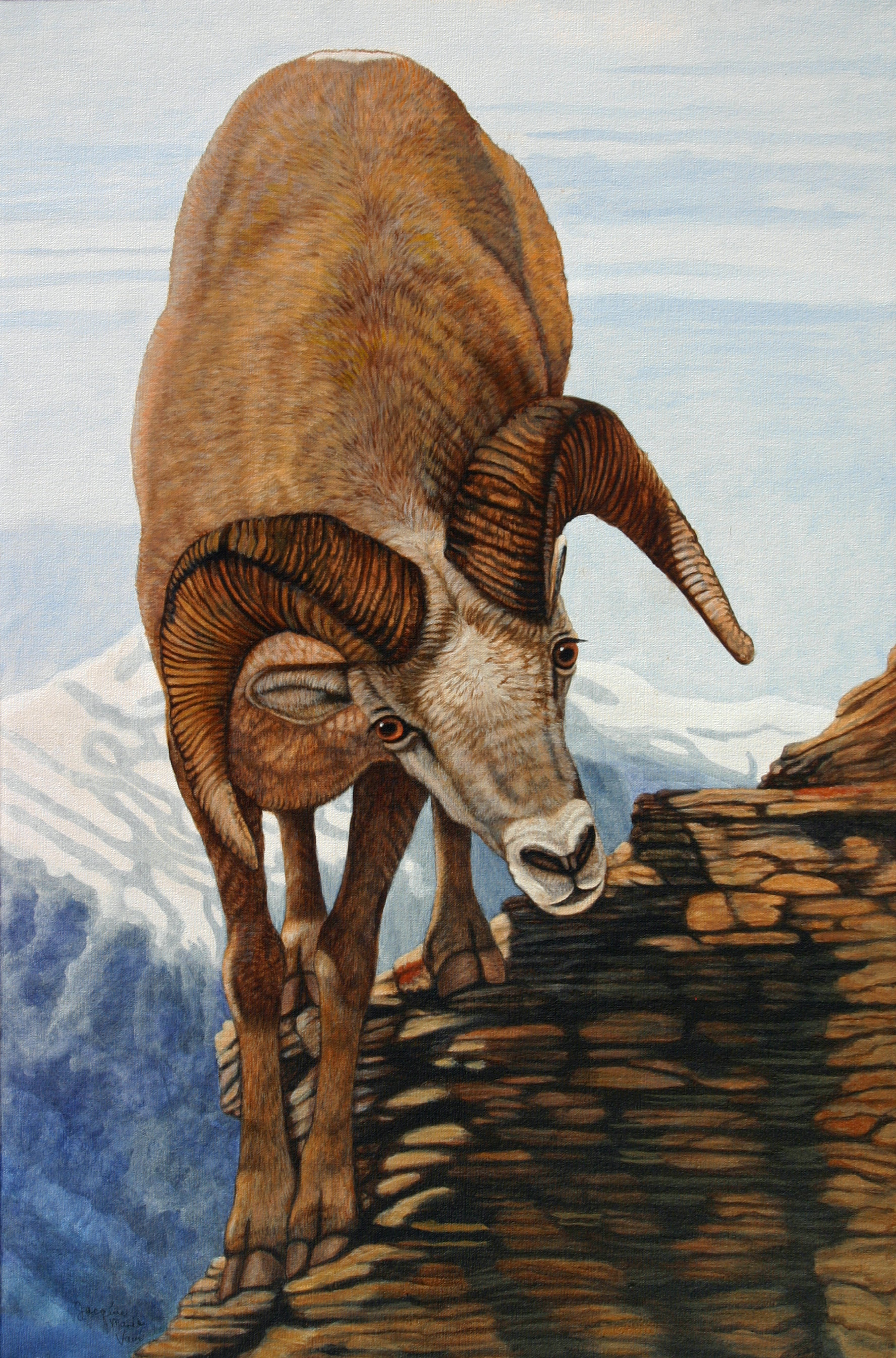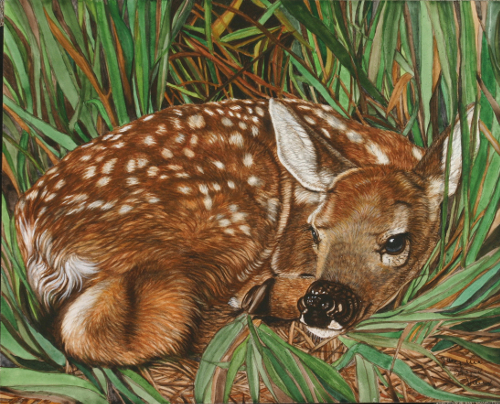Science Tips Tips Tricks Technology Scientists Say There Are at Least 36 Intelligent Civilizations in Our Milky Way Galaxy
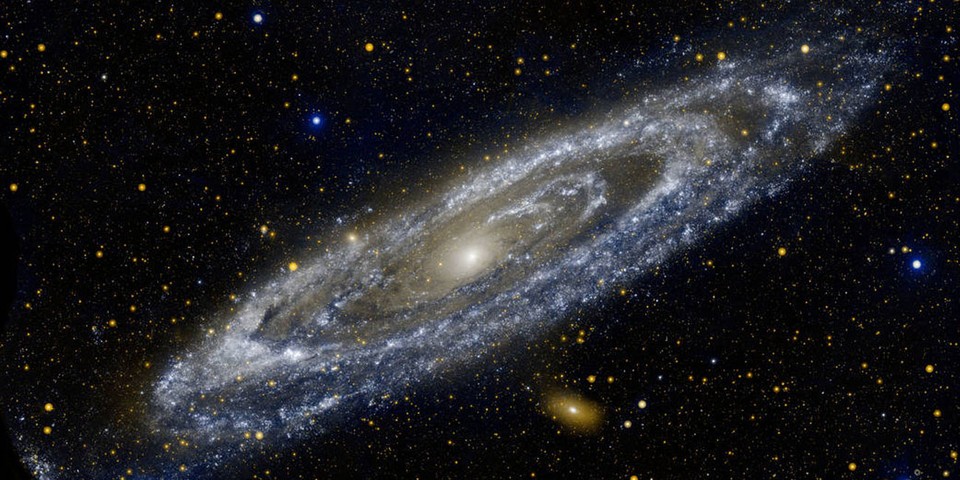
Science Tips Tips Tricks Technology
According to a group of scientists at the University of Nottingham, there could be intelligent life beyond earth within our galaxy as reported by Forbes. They point out that it’s possible that at least 36 ongoing intelligent civilizations exist in the Milky Way, all based on a “cosmic evlolution” calculation/estimation.
The claim and studies have just been published in The Astrophysical Journal where it outlines that Extra-Terrestrial communications are happening and that life can begin on other planets similar to what has happened here on earth. There are, however, a lot of assumptions in the report. One being that it takes about five billion years for intelligent life to form on other planets. To put in perspective, it took 4.5 billion years of evolution before a technological civilization happened on Earth. The assumptions also state that a technical civilization will last at least 100 years.
The calculation of existing civilizations really depends on how long and how active they are trying to communicate by way of sending out signals to space. Think of radio transmissions from satellites and TV. This calculation has been coined as the “Astrobiological Copernican Limit” and it relies on information such as star formation histories, how common metal-rich stars are (like the Sun) and the likelihood of stars hosting Earth-like planets in their habitable zones to come to the number 36. Consequently, there is a wide margin of error still and with so many assumptions it could be that there are much more than 36 or it could also be possible that it’s zero. Also, detection and communication is pretty much impossible as the average distance to one of these civilizations is about 17,000 light-years.
“Searches for extraterrestrial intelligent civilizations not only reveals the existence of how life itself forms, but also gives us clues about how long our own civilization will last,” said Christopher Conselice, Professor of Astrophysics at the University of Nottingham. “If we find that intelligent life is common then this would reveal that our civilization could exist for much longer than a few hundred years.”
In related news, Elon Musk has gone on to say that SpaceX is now his main priority.
